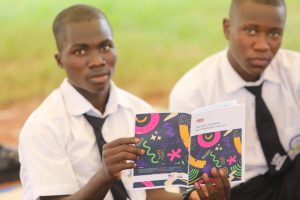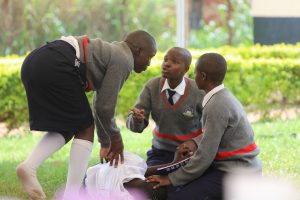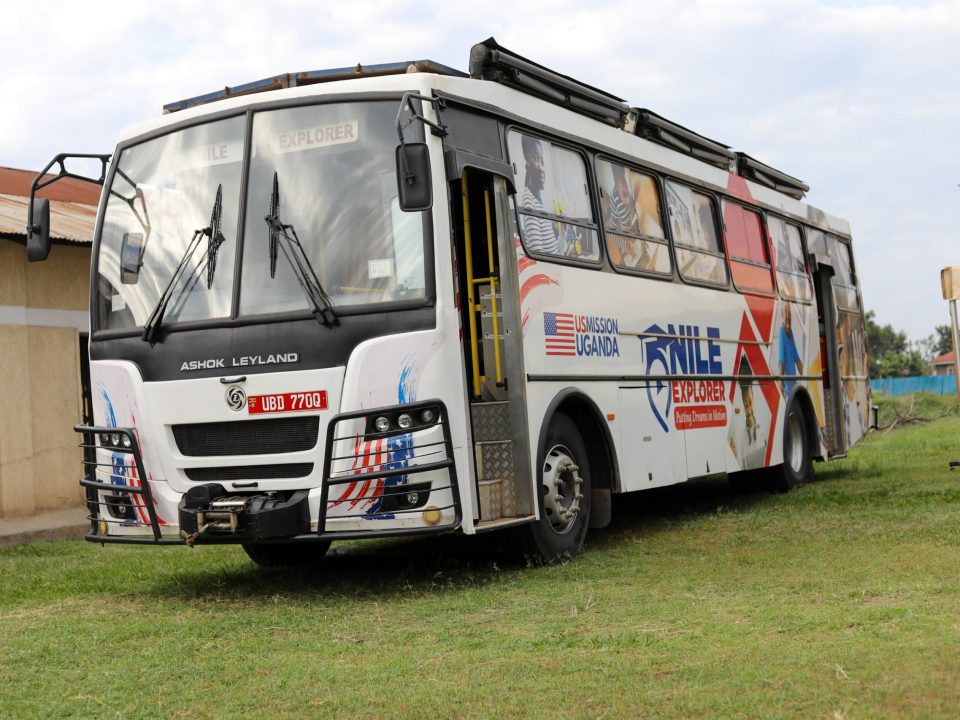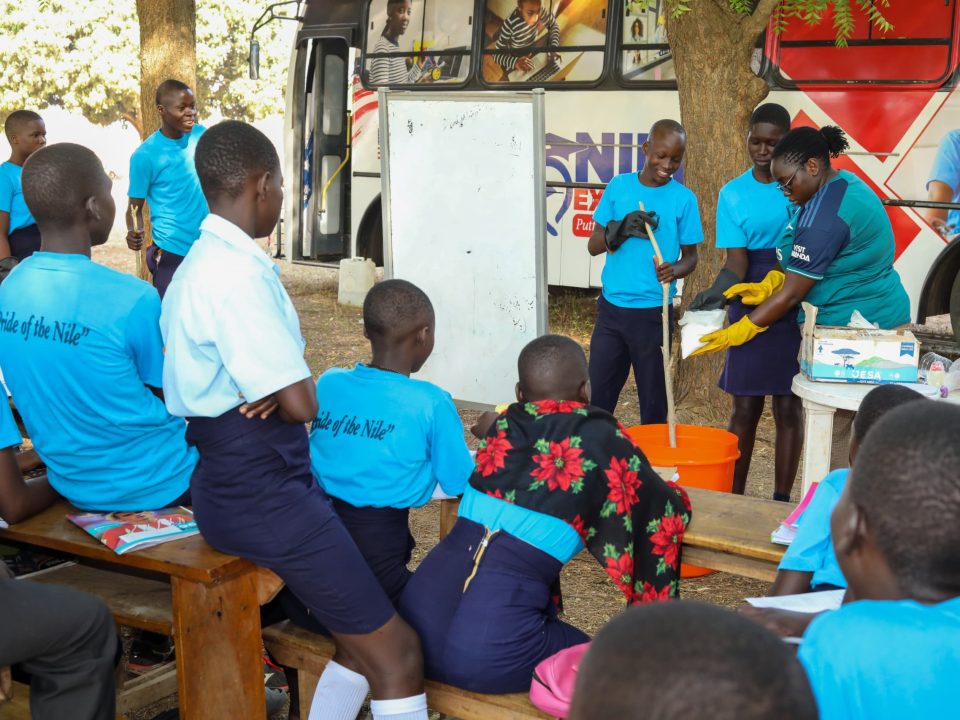Addressing School Gender-Based Violence in Northern Uganda: A Journey of Change with the Nile Explorer Mobile Classroom

The Nile Explorer Bus: Tackling Period Poverty in Northern Uganda
June 26, 2024
Bridging the Hygiene Gap in Pakwach,How Liquid Soap Making Empowers Students
February 26, 2025Violence in Ugandan schools has a long and troubling history, extending back to the early 1900s, when the colonial authority opened the first African secondary school. Bullying, sexual violence, and physical punishment were the three most common kinds of gender-based violence (SGBV) in schools back then. Unfortunately, these traditions, which were first condoned by authority individuals such as teachers back then, have been passed down through generations. Violence in schools now affects both boys and girls, with girls being more vulnerable. According to reports, females are frequently subjected to assault by their classmates and professors in exchange for good marks, preferential treatment, or sexual favors.
According to reports, bullying in schools is on the rise as a result of the current political, social, and economic atmosphere. Physical aggressiveness, intimidation, and name-calling have considerably raised school dropout rates and aggravated mental health disparities, especially among young people in communities of disadvantage.
In Northern Uganda, the legacy of gender-based violence (GBV) has roots in the traumatic era of the Lord’s Resistance Army (LRA) war. During this time, women and girls were subjected to extreme violence, including the deprivation of their right to education, which continues to impact their confidence in the education system today. Despite the end of the wars, cultural norms and misguided notions of respect continue to perpetuate acts of violence, leaving some rights completely abused.
In such circumstances, it’s even said that both victims and perpetrators of school-based gender violence experience frustration, shame, and anger as a result of societal mockery. Its also said that (S)GBV in Northern Ugandan schools has led to high dropout rates and increased exposure to sexually transmitted infections including HIV/AIDS, adding to the region’s public health challenges.

Students reading the SGBV toolkit
The Nile Explorer Approach to Mitigate SGBV in Northern Uganda
In an effort to keep students in school, and combat SGBV, and cases of HIV/AIDs, the Nile Explorer Bus under the Health component developed a comprehensive approach involving incredible knowledge of SGBV and an SGBV toolkit with focus on creating awareness, empowering voices, and sharing relevant information to ensure SGBV is reduced in schools under existing laws by the government and schools.
During our sessions on SGBV in Amuru, and Layibi High schools, our approach incorporated the “each one teaches one” method, where students shared their experiences and the various ways to protect themselves against violence. This peer-to-peer model fosters a supportive environment and encourages open dialogue, enabling students to learn from one another and build resilience.

Students during a role-play session on bullying at Layibi High School
Through interactive sessions, we aim to dismantle the deeply ingrained norms that perpetuate violence. By involving both boys and girls in these conversations, we promote a culture of mutual respect and understanding. During the session, we also emphasize the importance of reporting incidents and seeking support, ensuring that students know they are not alone in their struggles.
The fight against (s) gender-based violence in Northern Uganda is far from over, but with our toolkit and by educating and empowering students, we can break the cycle of violence and create safe, supportive learning environments for all.
Insight :
For the past three years under the Health component on the Nilr ExplorerBus, we have religiously impacted the lives and changed perspectives of students through our SGBV session. Beyond that, this component has also indulged young people in HIV/AIDs, Malaria, and Menstrual health and hygiene




